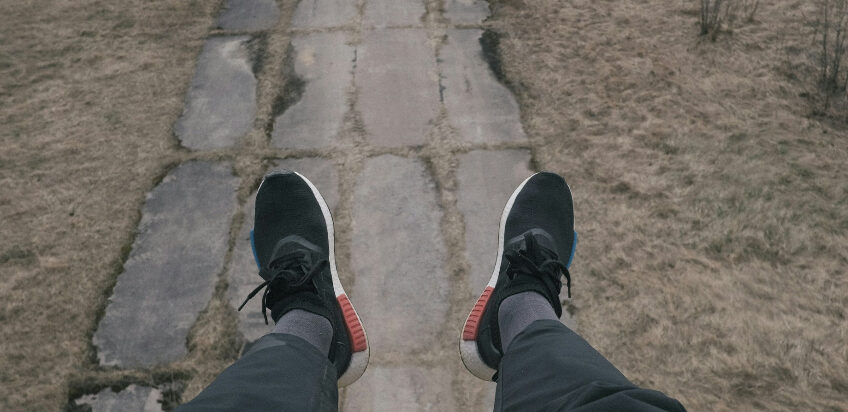Slip and fall accidents are among the most common personal injury claims in New Jersey, but winning a case is not automatic. To recover compensation, you must prove that the property owner or manager was negligent and that this negligence caused your injuries. The strength of your case largely depends on the quality of evidence you can present. Understanding what types of evidence are most persuasive can significantly improve your chances of success.
Why Evidence Matters
New Jersey law requires plaintiffs in slip and fall cases to prove four elements: duty of care, breach of duty, causation, and damages. Evidence is what connects these elements and convinces insurance companies or juries that the property owner is legally responsible. Without strong evidence, even serious injuries may not result in fair compensation.
Photographs and Videos
One of the most powerful forms of evidence is visual documentation. Photos and videos taken immediately after the fall can show the exact condition of the hazard—such as a wet floor, icy sidewalk, or broken step. If possible, take pictures from multiple angles and include close-ups of the dangerous condition. Surveillance footage from the property, if available, can also be critical in proving how long the hazard existed before your accident.
Incident Reports
If your fall occurred at a business, report the incident to management and request a copy of the written incident report. This document can establish that the accident happened on the premises and may include employee statements about the condition of the area. Be sure to keep your own copy, as businesses sometimes become less cooperative once a claim is filed.
Witness Statements
Eyewitness testimony can help corroborate your version of events. Witnesses can confirm the presence of a hazard, describe how long it had been there, or explain whether employees ignored the problem. Collect names, phone numbers, and email addresses of anyone who saw the fall or the dangerous condition.
Maintenance and Inspection Records
To prove negligence, it is helpful to show that the property owner failed to inspect or maintain the premises properly. Your attorney can request cleaning logs, maintenance schedules, or repair records during the discovery process. If these records show that inspections were skipped or hazards were not addressed promptly, it strengthens your claim.
Medical Records
You must show that the slip and fall caused real, measurable harm. Medical records document the extent of your injuries, the treatment you received, and the impact on your daily life. Keep copies of emergency room reports, diagnostic imaging, physical therapy notes, and all related bills. These documents not only prove damages but also help calculate the compensation you are entitled to receive.
Expert Testimony
In some cases, expert witnesses may be needed to explain technical details—such as building code violations, slip resistance of flooring materials, or medical causation. Experts can help establish that the property owner failed to meet safety standards and that this failure caused your injuries.
Your Own Notes and Timeline
Keeping a written record of your experience can be invaluable. Note the date, time, and location of the fall, describe what you were doing before the accident, and detail how the injury has affected your work, mobility, and quality of life. A consistent timeline helps present a clear narrative during settlement negotiations or trial.
Conclusion
Winning a slip and fall case in New Jersey depends on presenting compelling evidence that proves negligence and shows the full extent of your damages. Photographs, witness statements, maintenance records, medical documentation, and expert testimony all play a key role in building a strong claim. Acting quickly after the accident—before conditions are repaired or evidence disappears—can make all the difference. Working with an experienced premises liability attorney ensures that evidence is preserved, properly presented, and used to pursue the compensation you deserve.
